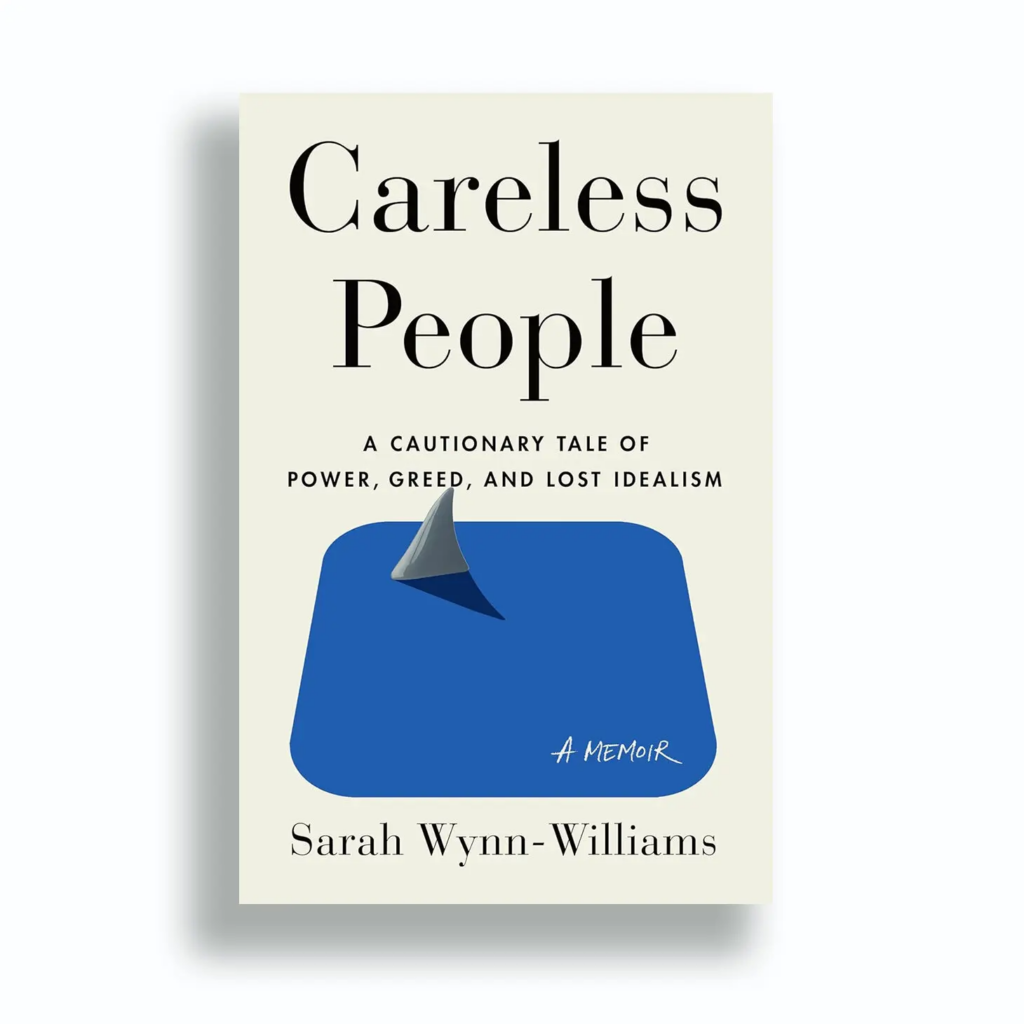Lessons from the Meta tell-all book “Careless People” and the promotional and legal drama surrounding it

Ex-Facebook executive Sarah Wynn-Williams’ book Careless People: A Cautionary Tale of Power, Greed, and Lost Idealism is, as I write this, the third-best-selling book on Amazon. It’s been out one week, and is the author’s first book. Not only that, Meta has tried and failed to block it, citing Wynn-Williams’ severance agreement.
In case you’ve thought about writing a book like this about your employer, let’s untangle what’s happening here.
Why couldn’t Meta block the publication of this book?
Courts are really, really reluctant to stop books from being published. Blocking publication is rare. This is “prior restraint,” and tends to violate the Freedom of Speech clause in the First Amendment.
Courts could block a book that violated copyright by included previously copyrighted material, and Amazon and other online bookstores likely wouldn’t sell it. A company could conceivably attempt to block publication of a book that revealed its trade secrets and confidential information.
But what usually happens is that the book is published, and then companies assert that the publication has damaged them and attempt to recover damages on that basis.
In this case, the author apparently had a non-disparagement clause as part of her severance agreement. That means she’s not supposed to say negative things about her employer. This book is full of negative things about Meta: for example, it claims that Cheryl Sandberg, Meta’s COO, encouraged the author to crawl into bed with her on a private jet when the she (the author) was seven months pregnant, and when she didn’t, later held it against her in her job.
Meta will doubtless attempt to recover damages for the violation of the non-disparagement clause, but it can’t stop the book from being published.
(I have personal experience with non-disparagement clauses. My severance agreement from my last employer included one. The way it was written, my employer could have stopped paying me severance pay if it determined I was disparaging the company, which seems reasonable. But according to my lawyer at the time, companies rarely take action once the payments have ended. Meta’s contract doubtless has different terms and is likely to be far more aggressive.)
What will be the result of Meta’s actions on book sales?
While Meta wasn’t able to stop the book from being published, it was able to restrain Wynn-Williams from personally promoting it.
Of course, the purpose of book promotion is to spread the word about the book. In this case, all the news articles about the book and the dispute with Meta have been far more effective at spreading the word than any conventional book promotion would be. This is the Streisand Effect, where attempts to block the spread of content generate so much publicity that they effectively promote it instead. Wynn-Williams may be sad that she can’t talk about the book, but she did the work of creating a book that was revealing and fascinating already, and Meta and the media coverage have done the publicity work for her. That’s why it’s selling like mad.
Macmillan, the publisher, will make lots of money on the book. So will bookstores. So will Wynn-Williams. She may have to give some of it back based on all these lawsuits, but it will take a very long time for that to get settled.
What to do if you want to write a tell-all book
It’s generally a dangerous idea to conceive and write a book about your horrible experiences within a company. You’ll definitely be subject to legal action, and companies generally can afford a lot more for lawyers than authors can.
But if you decide to do this, you might want to take some precautions. (As you read this, please note that I am not a lawyer, and I take no responsibility for what happens to people that might follow this advice.)
- Read employment contracts carefully. Most employment contracts have confidentiality clauses. And it’s pretty typical for severance agreements to have non-disparagement clauses. Figure out what you’re prohibited from doing. Get advice from an employment lawyer on that, because it’s going to have a big effect on what happens to you. (In one of the most visible cases of this kind, Dan Lyons, author of Disrupted, a tell-all about the company HubSpot, escaped consequences because he never signed the agreements with his employer, but your company is probably not that careless.)
- Pay scrupulous attention to facts and detail. If the facts in your book are wrong, you’re going to pay. Publishing false and damaging information is libel, and it’s actionable. To avoid libeling anyone, use diaries, public information, and independent fact-checkers to help you avoid making errors. Your publisher is unlikely to do this work for you; it’s your responsibility. Be aware, as well, that if you keep company documents and emails to verify the accuracy of what you’re writing, the act of keeping those documents and emails after you leave the company may also violate your employment agreement.
- Tell as few people as possible that you’re working on the book. The company will come after you once it knows what you have planned. That’s going to be expensive for you. So write in secret for as long as possible.
- Consider fictionalizing your account. Writing your book as a novel will make it easier to claim it’s all made up, so the company has no cause of action against you. If it isn’t pitched as a true story, you’re less at risk. Of course, when you’re promoting the book, you can never say anything that implies the book is anything other than fiction.
- Prepare to be tied up in lawsuits for a long time. Fighting companies is expensive. Your earnings from the book are at risk here. So it’s going to be a rough ride, even if everything you write is true.